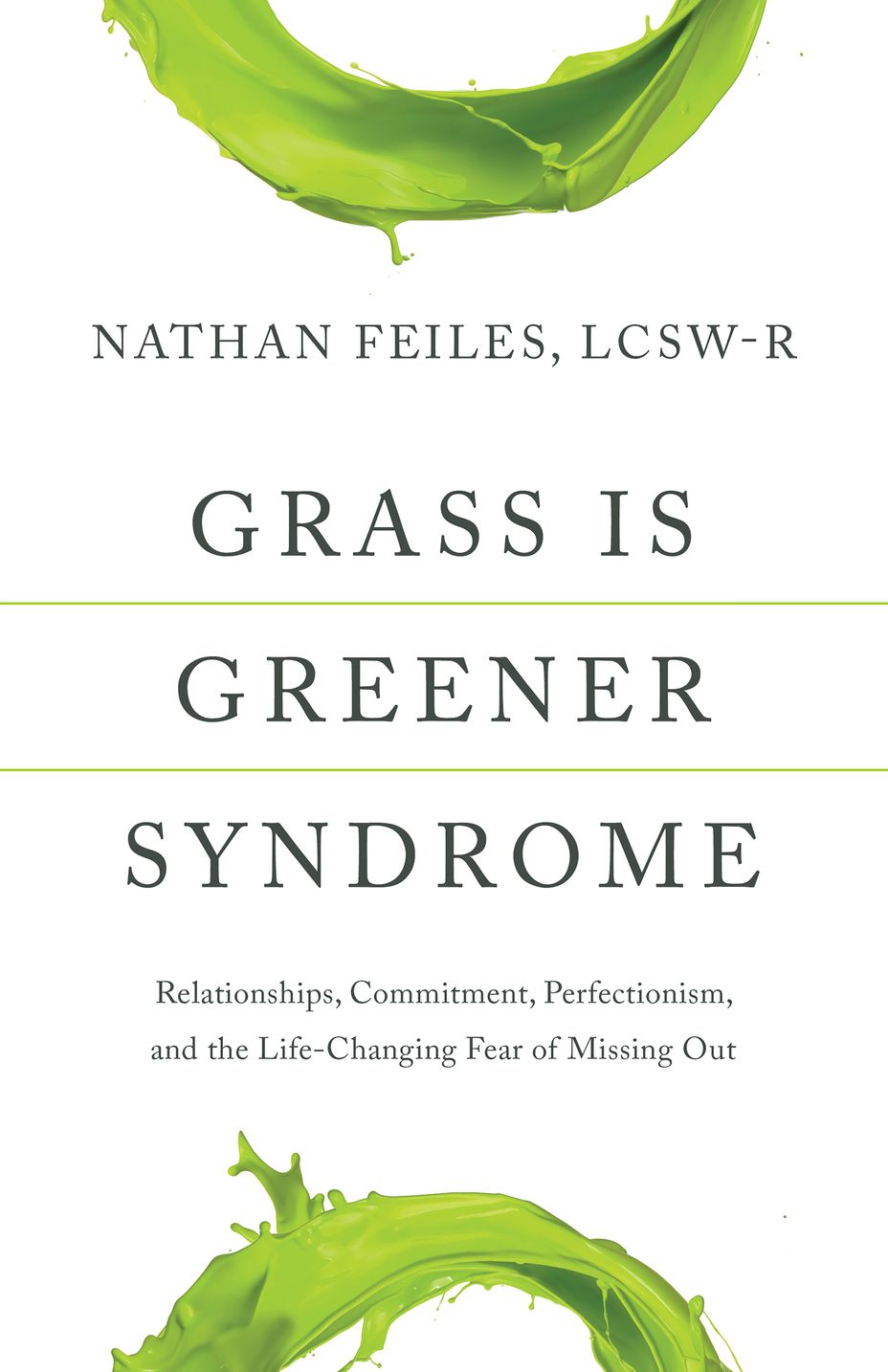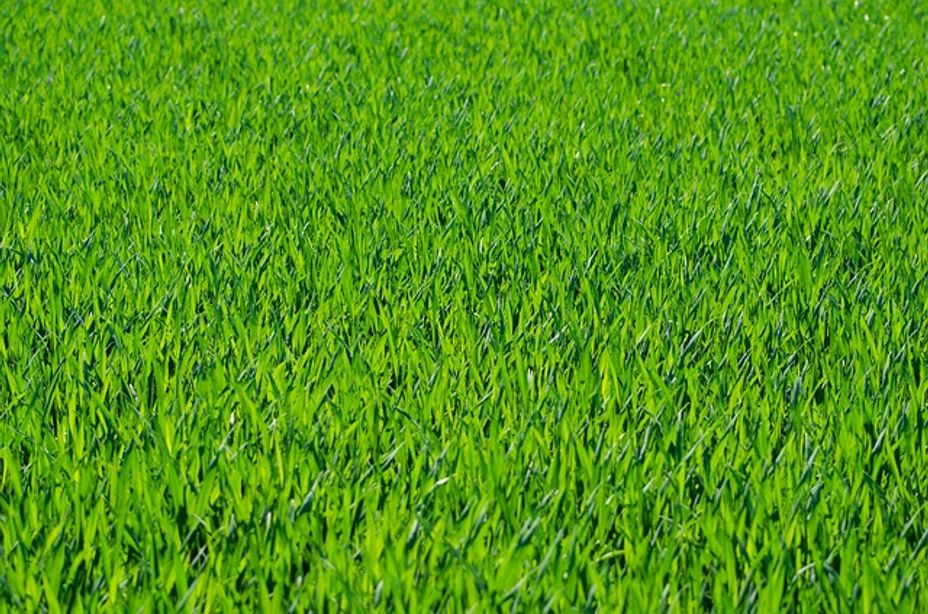Do Feelings of Nostalgia Create Unrealistic Expectations for Life Fulfillment?
Nostalgic feelings and thoughts can have a significant impact on people's lives—emotionally and practically. Feelings of deep nostalgia can be heavy in people who struggle with depression; it can also play a "before" role when it comes to coping with trauma; and can also be a significant contributor to Grass Is Greener Syndrome, pulling people to fall into cycles of trying to replicate feelings in life that have become associated with memories of the past.
The Complexity of Nostalgic Feelings
Nostalgia can be an incredibly complicated emotional experience because it can only happen in relation to a previous time in your life. Nostalgia doesn't stand on its own in the present without the foundation of the emotional memory. Nostalgia doesn't only come in the form of visual memories. It sometimes can be a scent, or a sound, or just being in a place where you experience a moment of feeling transported to another time. The wave of emotion can be powerful and run through your whole body.
What makes it even more complex is that the emotional experience of nostalgia is often different than the actual emotions were at the time the memories were created. You may recall a time in your life that you wish you could go back to. When you think about this particular time, you may experience strong yearning feelings, desire, longing, sadness, and more. It may feel like nothing would be more fulfilling than just getting to go back to this time in your life.
The Emotional Filter
When in a nostalgic moment, the emotions people attribute to these memories are often highly idealized. It's almost as if an emotional filter has been placed on top of the memory, and it can often dilute or even remove the actual emotional experience of the time, replacing it with a sort-of magical glow around that time in life.
In reality, it's possible the actual time when the memories were created was filled with various emotions—positive and negative—but the negative often are filtered out in nostalgia, and the positive are enhanced by the glow. It can even create feelings that didn't exist at the time. For example, many people crave the feeling of "less responsibility" or "freedom" when thinking about childhood. However, this is a craving as an adult now. In the past, the feeling of being "free" of responsibility wasn't part of the experience at the time. It's a current wish based on the comparison to the past. The nostalgic image represents a deep desire (and projection) for a certain feeling of freedom, relative to what you know now.
When looking back and experiencing deep feelings of nostalgia, it can be easy to become consumed by this feeling—in the above example, the feeling of obtaining the perceived emotional freedom of childhood—to the point of trying to chase it in life, only to find it's like trying to catch a phantom.
Why Doesn't it Feel as Good in the Present as it Does in the Memory?
Nostalgia contains various emotions mixed together. At the core of nostalgia, however, is the element of loss—of time that's passed that cannot be relived in the same way. It is a time we remember fondly while also sitting with the grief of not being able to have it back. For many, this feeling can be almost intolerably painful. Whether it's the loss of childhood itself, or moments of time in childhood, or relationships from the past, of particular experiences, or of interactions with people who are no longer alive or in your life, and so on. There's no limit to where nostalgic feelings can show up.
The experience of nostalgia is rooted in what can't be returned to in the same way that it once was. When people are stuck in the emotional depth of nostalgia, the wish is more to rewind time. For many, it's to go back, be young again, to return to where they were at the time in the world then, only this time with the current awareness that they couldn't have had at the time.
This is why recreating past scenarios in the present don't necessarily feel the same. You may be able to create a similar setup sometimes, but the markers of the passage of time are still relevant. You are older, the people may be older, the world is different around you, etc.
This is the essence of nostalgia. The loss of the accessibility of that previous time in life.
The Pain of Nostalgia
When people are in the depths of depression, nostalgic feelings can become almost all-consuming. When I'm working with someone who experiences deep nostalgic feelings as part of depression, trauma, grass is greener patterns, or otherwise, we take the time to really understand these feelings and memories. The yearning to go back to points in life can become so strong (with such powerful grief) that it can be unbearable to not find a way to return to these points in time. This is where people can either become paralyzed within these internal worlds, or they can find themselves on endless searches for the emotional gratification of nostalgia.
It generally leads to the feeling that nothing is ever fulfilling enough in the present.
This is where people often get stuck. They project the feeling they want to feel into life, which is okay until it's a feeling that is more of an illusory experience.
Moving Forward from Nostalgic Yearning
There are various angles in how to view the experience of nostalgia. When processed, healthier nostalgia can be a momentary sweet, or bittersweet experience to appreciate meaningful times in life. However, when in the consuming depths of nostalgia and the losses remain unprocessed, nostalgia can actually act more like a compass, showing you where there is grief and loss that may need the attention so it doesn't maintain such power over your life.
For many people, wrestling deep feelings of nostalgia can result in chronic disappointment and lack of fulfillment of various aspects of life and relationships. It can make people leave positive relationships feeling like they're missing something, bounce around from place to place, or job to job, or become paralyzed by grief and depression. It can leave people feeling like nothing is good enough if they can't reach the ideal feeling they imagine they should have.









